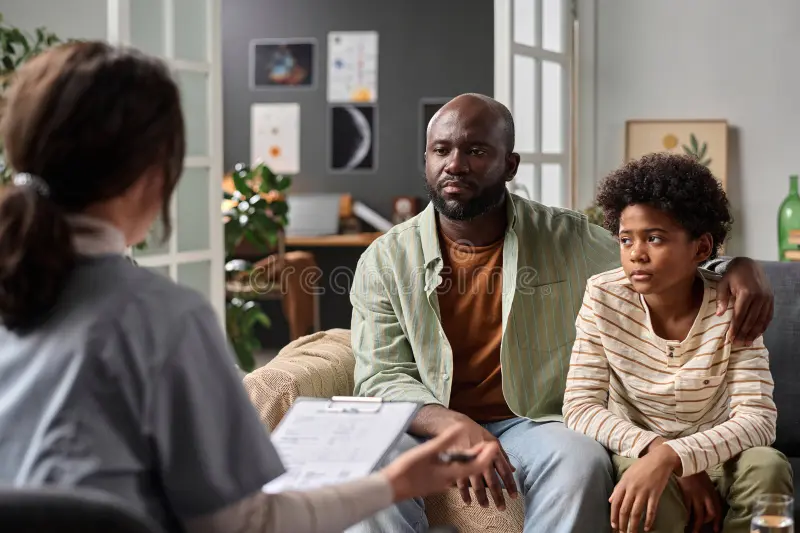24/7 Helpline:
(866) 899-221924/7 Helpline:
(866) 899-2219
Learn more about PTSD Treatment centers in O Fallon

Other Insurance Options

Excellus

PHCS Network

Kaiser Permanente

Medical Mutual of Ohio

Evernorth

BHS | Behavioral Health Systems

Highmark

Premera

Oxford

EmblemHealth

Choice Care Network

Coventry Health Care

Providence

American Behavioral

WellCare Health Plans

GEHA

WellPoint

Covered California

Group Health Incorporated

UnitedHealth Group













